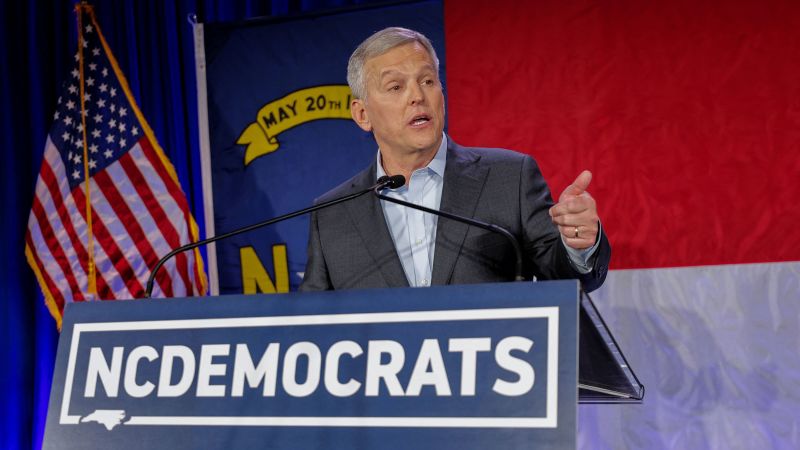Donald Trump’s relentless pursuit of retribution against his critics has reached new heights, with former Wyoming Rep. Liz Cheney becoming a prime target of his vendetta. As Trump and members of the GOP escalate their attacks on Cheney over her role in the January 6th investigation, it’s becoming painfully clear why a pardon for critics of the former president is more essential than ever.
The latest salvo comes in the form of a report from Rep. Barry Loudermilk, a Republican from Georgia, which accuses Cheney of unethical conduct in her interactions with Cassidy Hutchinson, a former White House aide who testified before the House January 6th Committee. The report claims that Cheney may have engaged in witness tampering by communicating with Hutchinson, despite no evidence to suggest that Cheney broke any laws.
Legal experts quickly pointed out that Cheney, as a member of Congress, was acting within her rights when engaging with witnesses. The Speech or Debate Clause protects lawmakers from legal action related to their official duties, and there’s no indication that Cheney’s actions were criminal in nature. Despite this, Trump has accused Cheney of committing crimes and suggested that she should be prosecuted for her role in the now-disbanded House January 6th Committee.
His rhetoric has nothing to do with upholding the law or justice; it’s purely driven by revenge. Cheney, who stood firm in her opposition to Trump during the January 6th hearings, has become a symbol of the type of person Trump and his allies seek to punish—someone who refuses to align with his political agenda.
This growing attack on Cheney is part of a larger pattern of Trump’s behavior throughout his career, where those who challenge him are not just political opponents but targets. His history of seeking retribution against critics—from politicians to journalists—shows a deep disdain for anyone who dares to question his actions. The notion of accountability under a Trump-led administration becomes increasingly uncertain when retaliation becomes the central focus.
What’s even more alarming is the role the GOP is playing in this pursuit. Instead of standing up for the rule of law, many Republicans have rallied behind Trump’s attacks on Cheney, siding with his narrative of revenge rather than the principles of justice or fairness. This not only undermines the work of the January 6th Committee, which sought to uncover the truth about the Capitol insurrection, but it also sets a dangerous precedent where political dissent is treated as a crime.
The Case for a Biden Pardon
While Trump’s and the GOP’s accusations against Cheney are unlikely to lead to any successful prosecution, the message they send is clear: If you stand up to Trump, you will pay a price. This is why a broad, blanket pardon for Trump’s critics is becoming an increasingly urgent necessity. A pardon would offer protection to those who have testified, investigated, or spoken out against Trump’s actions, ensuring they are not targeted in future retribution campaigns.
Without such protections, individuals like Cheney—and many others who have dared to oppose Trump—will continue to be subjected to a cycle of political punishment. The threat of retaliation will only grow, stifling dissent and chilling the willingness of others to speak the truth. In the end, the attacks on Cheney are not just about her—they represent the broader dangers of allowing Trump’s revenge-driven politics to take hold.
A pardon for Trump’s critics would serve as a safeguard for the integrity of American democracy. It would make clear that those who defend the truth, even when it goes against powerful figures, should not be punished for their actions. If we allow this vendetta-driven politics to continue, we risk undermining the very foundation of our democratic institutions, where free speech and the pursuit of justice should remain protected from political retribution.
The ongoing assault on Cheney is just one example of what could be a much wider effort to silence and punish anyone who challenges Trump and his allies. If we are to protect our democracy from further erosion, a pardon for those who have stood up for the truth is not only necessary—it’s urgent.














